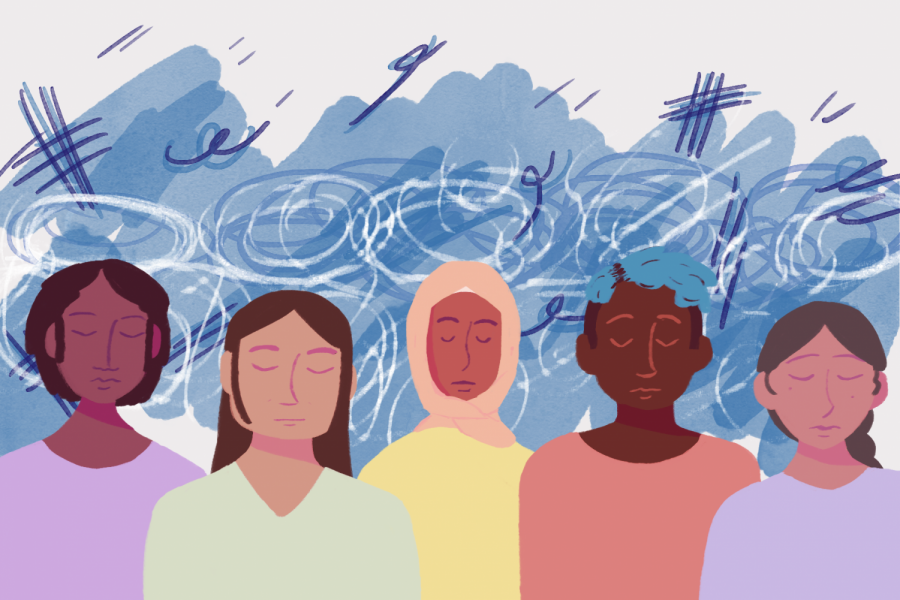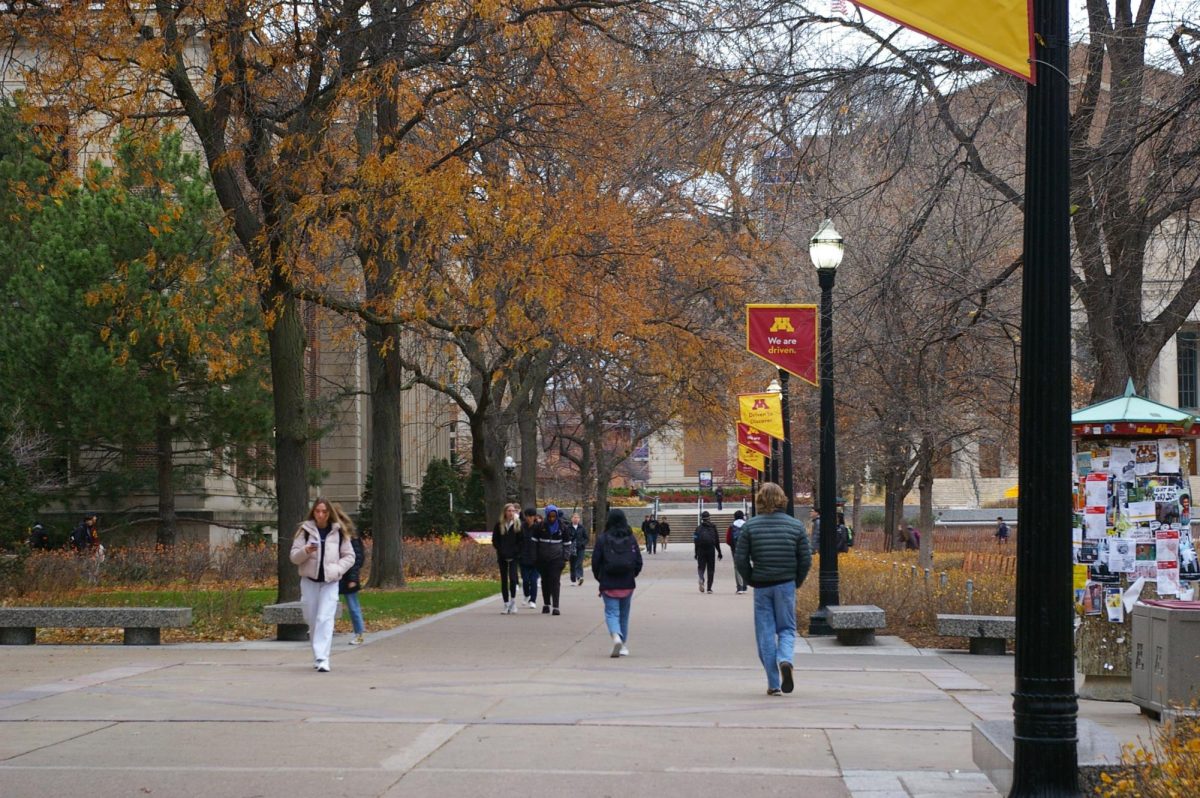When University of Minnesota student Maddie Johnson was found lying unconscious in the hallway of her residence hall, her mother, Mechelle Malone said it took the University 36 hours to contact her.
Malone arrived at the Hennepin County Medical Center to find that her daughter nearly died after going into cardiac arrest, a result of blood clotting in her heart and lungs.
“Why didn’t anybody call me yesterday to contact me when my daughter was taken away from your campus in an ambulance?” Malone said, describing her reaction upon receiving a call from the University. “My daughter was laying in the ICU in critical condition with a ventilator in her throat.”
To address concerns like Malone’s, the Minnesota Student Association proposed a bill during a forum meeting on Tuesday to amend the language of the University’s emergency contact policy. The bill would develop a framework for understanding what kind of situation would deem the use of emergency contact and allow the University to broaden the sharing of emergency contact information if a student consents.
All University students are required to list an emergency contact, and in the instance of a health or safety emergency, the University would contact the student’s emergency contact, according to Caitlin Hurley, a University spokesperson. The Family Educational Rights and Privacy Act currently does not allow the University to disclose student information to another student, unless it is necessary to protect the health or safety of the student or others.
One of the students who found Johnson contacted her roommate, who was then able to reach Malone. A few days after the incident, according to Malone, the University called to ask if she wanted a key to her daughter’s room.
Carter Yost, a member of MSA’s Campus Life Committee and Emergency Contact Subcommittee, said there were also issues with students not being able to access other students’ emergency contact information following the mass arrests and citations after a Nov. 5 protest on I-94. Those students could not notify other students’ listed emergency contacts about the situation because they were not given access to them, Yost said.
“We have had a few instances where students have been unable to contact students who we knew were there, and not being able to locate them or not being able to get a hold of them,” Yost said.
“There is no strict definition of what an emergency is. And that’s part of the problem.”
Yost and the rest of the Emergency Contact Subcommittee plan to consult with the University’s Student Legal Services before proposing plans for legislation to the rest of MSA.
“I really do hope that there are some changes,” Malone said. “They have to be made.”



















